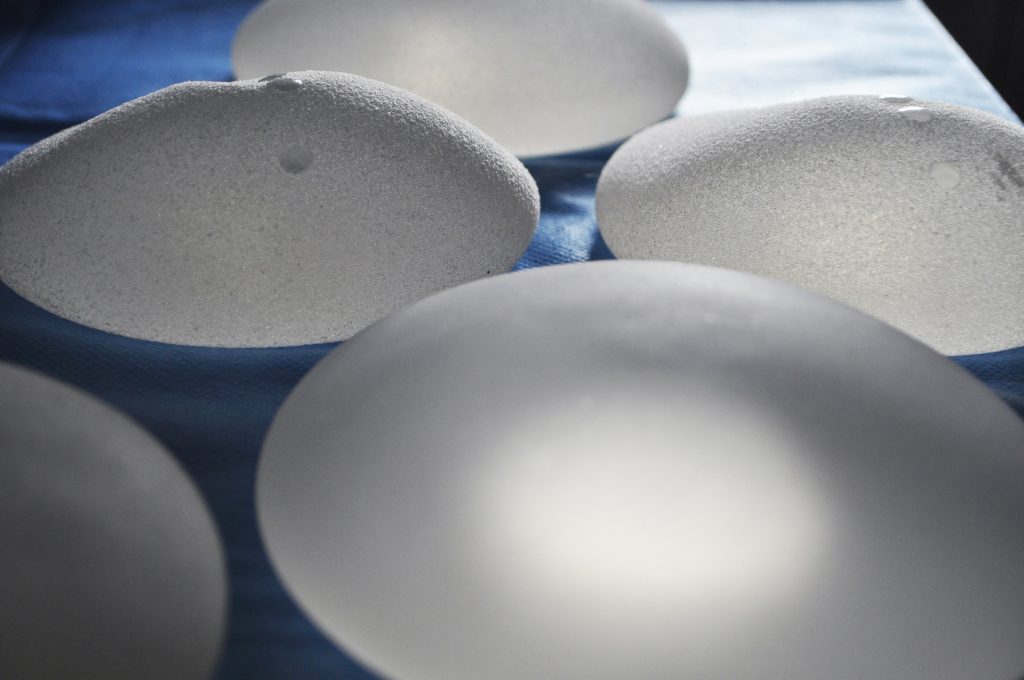Understanding Breast Implant Illness: how Second Opinions and implant removal improve patient outcomes
Medical Diagnostics, Second opinion, Therapy

Breast Implant Illness: A Growing Concern for Silicone Implant Recipients
A 2024 study published in GMS Interdisciplinary Plastic and Reconstructive Surgery analysed symptom patterns in 412 patients before and after silicone breast implant removal. The results validate growing patient-reported concerns about Breast Implant Illness (BII) – a cluster of 60+ systemic symptoms linked to implants, including chronic fatigue, joint pain, and cognitive dysfunction.
Key Findings:
• 88% of patients reported significant symptom reduction post-implant removal, with improvements in:
• Chronic fatigue
• Muscle/joint pain
• Skin rashes
• Neurological symptoms
• Symptoms worsened over time in patients retaining implants, suggesting a dose-dependent relationship.
• 72% of participants had sought ≥2 medical opinions before opting for explantation.
Why Patients Seek Telehealth Second Opinions for BII
1. Validation of Symptoms: Many healthcare providers still dismiss BII due to lack of diagnostic biomarkers.
2. Access to Specialists: Telehealth platforms connect patients to reconstructive surgeons experienced in en bloc capsulectomy – the gold standard for implant removal.
3. Cost-Effective Consultations: Virtual visits reduce travel burdens for patients comparing surgical approaches.
The Role of Telehealth in Post-Explant Care
Post-removal monitoring via telehealth enables:
• Regular check-ins for wound healing
• Mental health support during recovery
• Long-term tracking of symptom resolution
Key Takeaway for Patients
This study confirms that implant removal can resolve treatment-resistant symptoms in most BII cases. Telehealth services play a critical role in helping patients:
• Verify diagnoses
• Compare surgical options
• Access aftercare remotely
Ready for a Second Opinion?
Medcabinet connects you with German board-certified plastic surgeons specializing in BII management.
Source: GMS (German Medical Science journal)
- Ursula Tanzella – Park-Klinik Birkenwerder, Birkenwerder, German
- Klaus Ueberreiter – Park-Klinik Birkenwerder, Birkenwerder, Germany
- Lola Fanny Krapohl – University of Leipzig, Faculty of Medicine, Leipzig, Germany
- Armin Bell – Park-Klinik Birkenwerder, Birkenwerder, Germany
- Björn Dirk Krapohl – Department of Dento-maxillofacial, Reconstructive, and Plastic Surgery, Carl-Thiem Klinikum, Cottbus, Germany